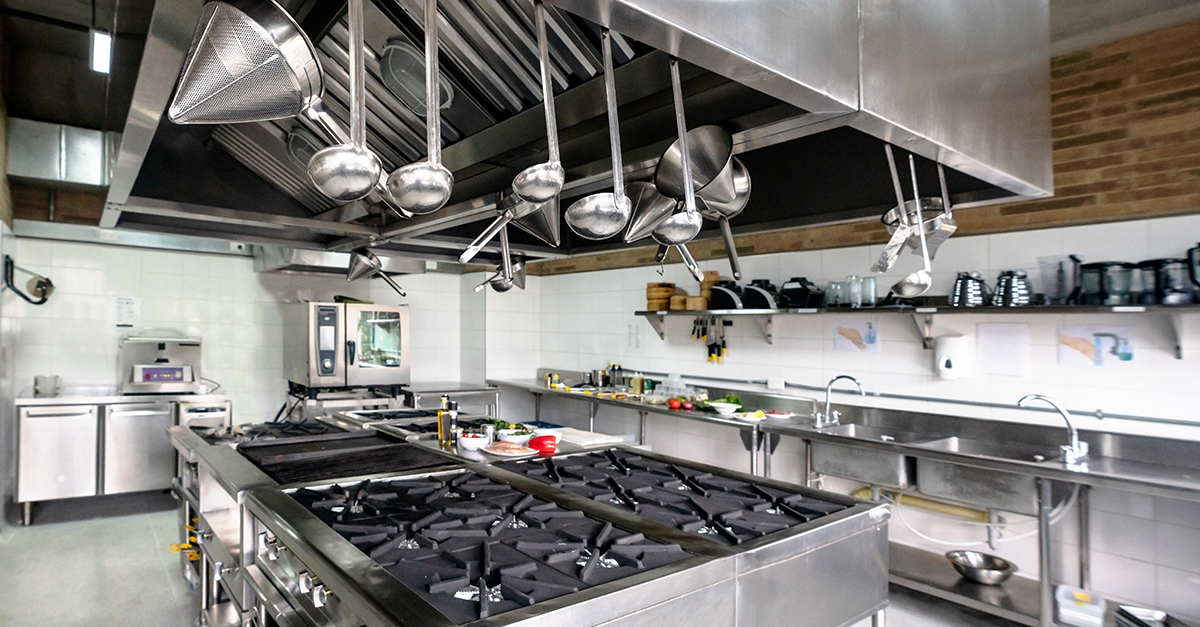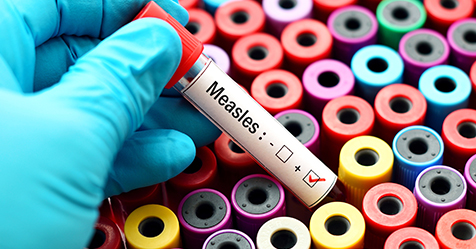In the realm of facility management, maintaining pristine environments is essential, not just for aesthetics but also for consistently meeting health and safety standards. With rising consumer expectations for hygiene and sanitation, comprehensive staff training on cleaning protocols and the seamless integration of user-friendly products have become more critical than ever.
The collaboration between thorough training and innovative cleaning products plays a pivotal role in achieving stringent cleanliness standards. This is particularly vital in sectors like food
service, where impeccable hygiene is paramount and maintaining a well-trained staff can be challenging.
Comprehensive training is key
For custodial professionals, effective training serves as the cornerstone of consistent and reliable service. It equips staff with the essential skills and knowledge required to uphold rigorous hygiene standards, crucial for environments where cleanliness directly impacts both public health and business reputation. While essential, this necessary training often demands a
significant investment of time.
In the food service industry, training poses considerable challenges due to diverse levels of employee experience, language barriers, and frequent staff turnover. This makes meticulous training and the simplification of protocols increasingly necessary.
At food service establishments, mistakes in cleaning protocols can result in serious consequences, like transmitting foodborne illnesses to customers through cross-contamination or improper sanitation. These actions can not only harm consumers, but the establishment’s reputation as well.
Proper training and adherence to protocols helps to ensure:
- Consistency: Proper training ensures that all team members adhere to standardized cleaning procedures. This consistency is key to maintaining high-cleanliness standards and meeting regulatory requirements consistently across shifts and personnel changes.
- Efficiency: Well-trained custodial staff are proficient in using a range of cleaning tools and products, including labor-saving innovations.
- Safety: Understanding the correct handling of cleaning chemicals and equipment is necessary for preventing accidents and ensuring workplace safety. Training mitigates risks associated with improper use, safeguarding both employees and facility occupants.
- Results: A confident and well-trained team not only helps to ensure a high-standard of cleanliness but also fosters a positive work environment. This morale boost contributes to sustained performance excellence and customer satisfaction.
Implement effective training materials and tools
To maximize the benefits of training and innovative tools, custodial managers in food service settings can adopt several best practices:
- Provide clear, accessible training materials. Use visual aids, bilingual resources, and hands-on demonstrations to ensure all staff understand cleaning protocols thoroughly.
- Offer continuous education. Regularly update training programs to incorporate new techniques and products, fostering ongoing improvement in cleaning practices.
- Integrate labor-saving tools into daily operations. Integrating efficient tools into daily cleaning routines will highlight their essential role in upholding cleanliness standards, fostering a consistent habit of using them.
Consider premoistened wipes
Among the arsenal of labor-saving tools, premoistened wipes are a versatile and user-friendly solution that can enhance training effectiveness and operational efficiency. Single-use
wipes are easy to use and help reduce the number of steps in cleaning protocols. They also help reduce the opportunities for human error by eliminating the mixing and measuring steps.
Single-use wipes offer several benefits including:
- Ease of use: Premoistened wipes are ready to use straight from the package, eliminating the need for complex mixing or measuring of solutions. This simplicity reduces training time and allows staff to focus on mastering essential cleaning techniques.
- Time efficiency: In fast-paced environments such as food service, where quick turnovers are essential, premoistened wipes enable swift cleaning of multiple surfaces. Their convenience streamlines workflows, ensuring that high-traffic areas receive prompt attention without compromising on quality.
- Consistent application: Each wipe is saturated with a precise amount of cleaning solution, ensuring uniform application across surfaces. This consistency not only enhances cleanliness but also reduces the margin of error during training and daily operations.
- Versatility and safety: From countertops to sensitive equipment, premoistened wipes are suitable for a variety of surfaces. Their portability and disposable nature minimize the risk of cross-contamination, maintaining hygiene standards in diverse settings.
Efficiency enhances safety
Proactive investment in easy-to-use surface sanitation products and systems can help create a culture of safety consciousness among employees, empowering them with the knowledge and skills necessary to uphold hygiene standards. The use of labor-saving products exemplifies this proactive approach, offering not only efficiency gains in both training and in practice, but also enhancing
the reliability of cleaning practices in the food service industry.
A proactive approach not only enhances public safety and satisfaction, but also strengthens the overall operational efficiency and reputation of food service establishments. In an industry where cleanliness is nonnegotiable, investing in both training and advanced cleaning tools is a strategic imperative, helping to ensure a safe, sanitary, and welcoming environment for all patrons.




